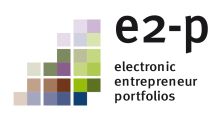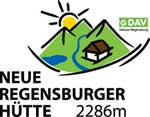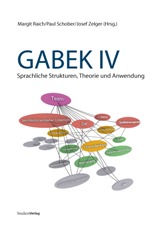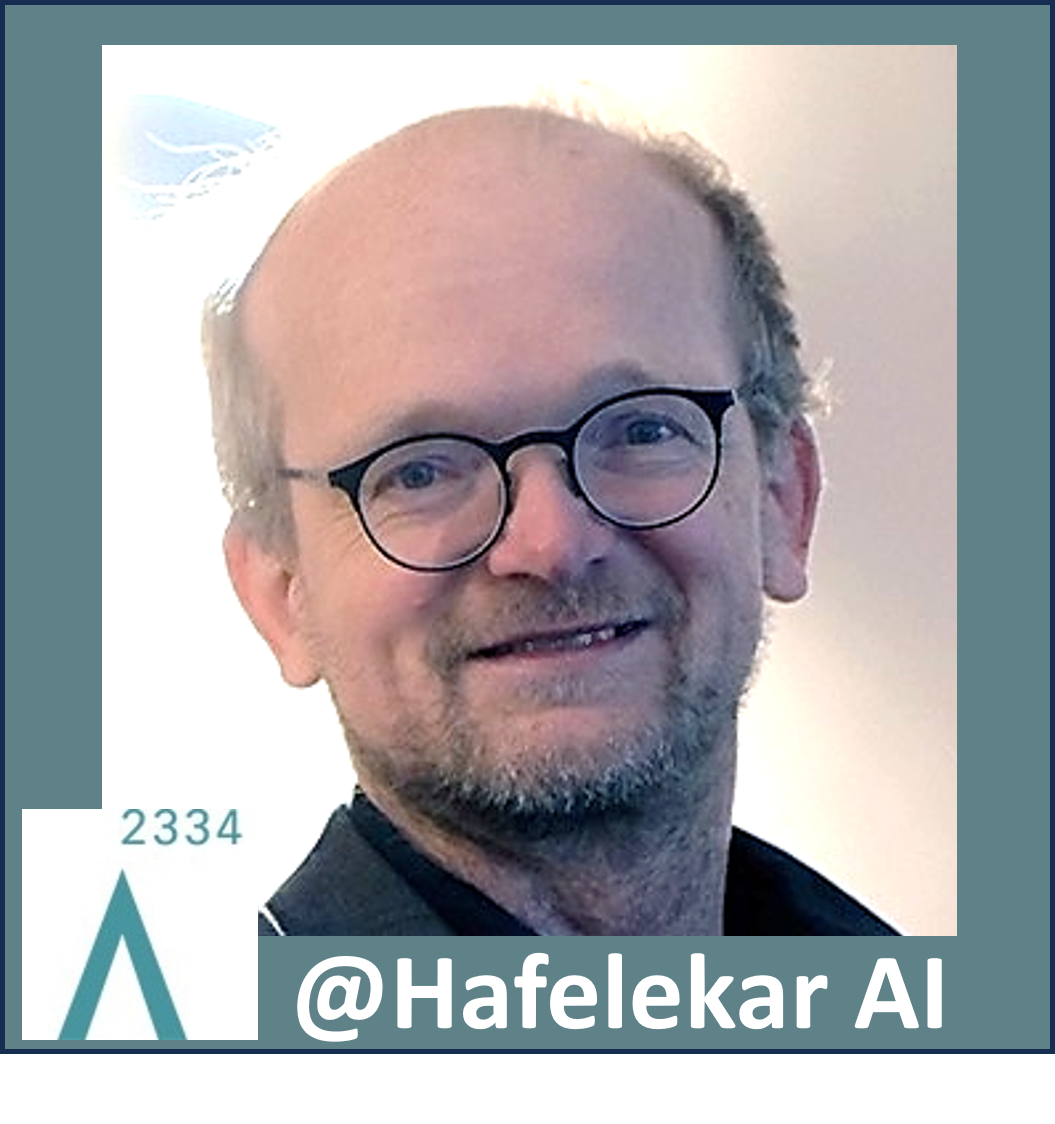
MOTIVES – Measuring Organisational Training: Illustrating Value, Economic and Social
This project was initiated to motivate SMEs to implement and invest in training for the workplace (particularly for low skill workers).
The Partnership is developing a web based training evaluation toolkit, which aims to show employers the social and economic value of training outcomes and impacts. This toolkit is underpinned by the European Common Quality Framework (ECQF) and the Social Return on Investment (SROI) models.
The core partnership consists of 6 organisations representing five countries, Ireland, Austria, Hungary, Italy and Germany The project has developed a strong partnership with European organisations the majority of whom are engaged in working with employers in supporting VET provision to the needs of the labour market. The partnership therefore has a remit to publicise the project results within their professional networks.
Results
- Research report indicating the national and European context
- Evaluation toolkit and associated web framework with programmed reporting application for measuring the social and economic return on investment from training for SMEs
- Training module for practitioners and associated training pack
- Scientific report illustrating the key findings from the pilot of toolkit
Project duration
October 2010 till September 2012
Project Partners
- Hafelekar Unternehmensberatung (Austria)
- Ballymum Job Centre – Dublin (Ireland)
- ANTARES s.r.l. – Rom (Italy)
- Heves Megyei Kereskedelmi és Iparkamara – Erlau (Hungary)
- Euregio Qualifizierungs- und Technologieforum – Ahaus (Germany)
- Institute for the Development of Employee Advancement Services – Dublin (Ireland)
- Stadt Münster (Germany)












